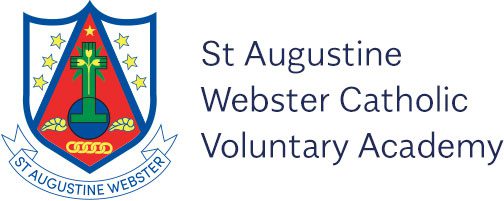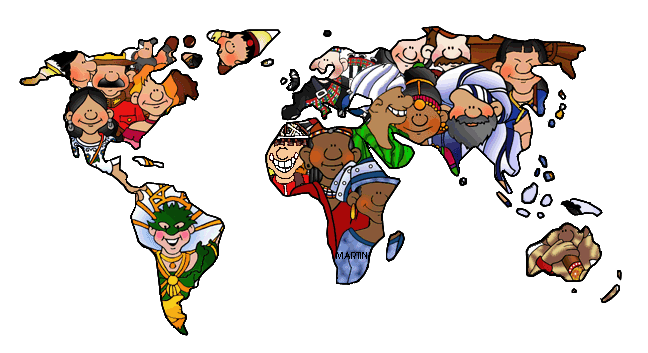Implementation
A guiding principle of our geography curriculum is that each study draws upon prior learning. For example, in the EYFS, pupils may learn about People, Culture and Communities or The Natural World through daily activities and exploring their locality and immediate environment. This is revisited and positioned so that new and potentially abstract content in Year 1 can be put into a known location and make it easier to cognitively process. Pupils in EYFS explore globes and world locations through their curiosity corners, making links to where animals live. This substantive knowledge is used to remember and position the locations of continents and oceans, with more sophisticated knowledge. High volume and deliberate practice are essential for pupils to remember and retrieve substantive knowledge and use their disciplinary knowledge to explain and articulate what they know. This means pupils make conscious connections and think hard, using what they know.
Our geography curriculum is built around the principles of cumulative knowledge focusing on spaces, places, scale, human and physical processes with an emphasis on how content is connected and relational knowledge acquired. It equips pupils to become ‘more expert’ with each study and grow an ever broadening and coherent mental model of the subject. This guards against superficial, disconnected and fragmented geographical knowledge.
Specific and associated geographical vocabulary is planned sequentially and cumulatively from Year 1 to Year 6. High frequency, multiple meaning words (tier 2) are taught and help make sense of subject specific words (tier 3). Each learning module in geography has a vocabulary module with teacher guidance, tasks and resources.
Our geography curriculum is planned so that the retention of knowledge is much more than just ‘in the moment knowledge’. The cumulative nature of the curriculum is made memorable by the implementation of Bjork’s desirable difficulties, including retrieval and spaced retrieval practice, word building and deliberate practice tasks. This powerful interrelationship between structure and research-led practice is designed to increase substantive knowledge and accelerate learning within and between study modules. That means the foundational knowledge of the curriculum is positioned to ease the load on the working memory: new content is connected to prior learning. The effect of this cumulative model supports opportunities for children to associate and connect with places, spaces, scale, people, culture and processes.
In KS1 and KS2, Geography is taught in focused teaching sessions that sit within a curriculum sequence built around the principles of interleaving and spaced retrieval practice. This ensures full coverage across the whole school.






